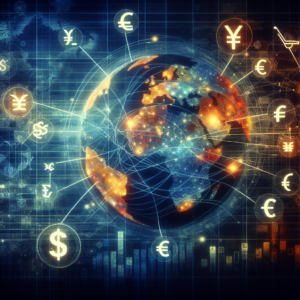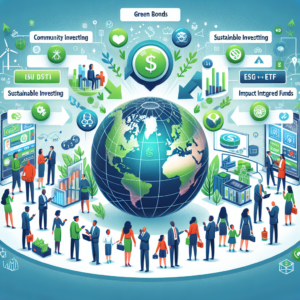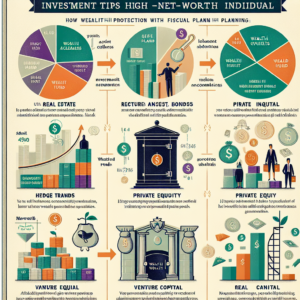
The Evolving Landscape of Blockchain Technology
Blockchain technology, once primarily associated with cryptocurrencies like Bitcoin, has undergone significant transformations and expansions in its applications and development methodologies. These evolutions point towards a future where blockchain’s potential is harnessed across various sectors. This article explores the latest trends, developments, and future prospects in the realm of blockchain technology.
Decentralized Finance (DeFi)
The DeFi movement is arguably one of the most groundbreaking developments in the blockchain space. Leveraging blockchain technology, DeFi aims to recreate traditional financial systems, such as banks and exchanges, in a decentralized manner. This facet of blockchain development has seen exponential growth, with innovations in lending, borrowing, and trading of assets without the need for conventional financial intermediaries.
Non-Fungible Tokens (NFTs)
Non-Fungible Tokens have brought blockchain into the spotlight, demonstrating a novel application of the technology. NFTs represent unique digital assets, such as art, music, or in-game items, on the blockchain. This transformation enables artists and creators to monetize their digital works uniquely and securely, opening a new frontier in the digital economy.
Blockchain and Supply Chain Management
Blockchain technology is increasingly being employed to enhance transparency and efficiency within supply chains. By storing records on a secure, decentralized ledger, blockchain provides an immutable audit trail of product journeys from production to delivery. This ensures the authenticity of products and significantly reduces the chances of counterfeiting and fraud.
Smart Contracts
Smart contracts are self-executing contracts with the terms of the agreement directly written into lines of code. These digital contracts execute automatically when predetermined conditions are met, offering a high level of transparency and reducing the need for intermediaries. Smart contracts are becoming a cornerstone for many blockchain applications, from DeFi to intellectual property management.
Challenges and Future Directions
Scalability and Speed
One of the significant challenges facing blockchain technology is scalability. As blockchain networks grow, so does the need for processing high volumes of transactions quickly and efficiently. Developers are exploring several solutions, including off-chain transactions and sharding, to increase blockchain’s throughput without compromising on security or decentralization.
Interoperability
For blockchain to realize its full potential, different blockchain networks need to be able to communicate and share information seamlessly. Interoperability between blockchains would enable a much more connected and functional ecosystem, and efforts towards this goal are underway.
Regulation
The evolving nature of blockchain technology poses new challenges for regulators and policymakers. Balancing the need to protect consumers while not stiflying innovation is crucial. The development of clear, consistent, and supportive regulatory frameworks will be vital in shaping the future of blockchain development.
Conclusion
Blockchain technology is on an exciting trajectory, with its application extending far beyond the initial cryptocurrency use case. The developments in DeFi, NFTs, supply chain management, and smart contracts are just the tip of the iceberg. As challenges such as scalability, interoperability and regulation are addressed, we can expect blockchain technology to play an increasingly significant role in our digital lives. The future of blockchain looks promising, with endless possibilities for reimagining how we transact, interact, and organize our societies.





